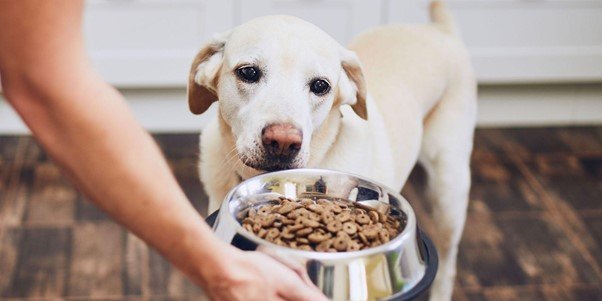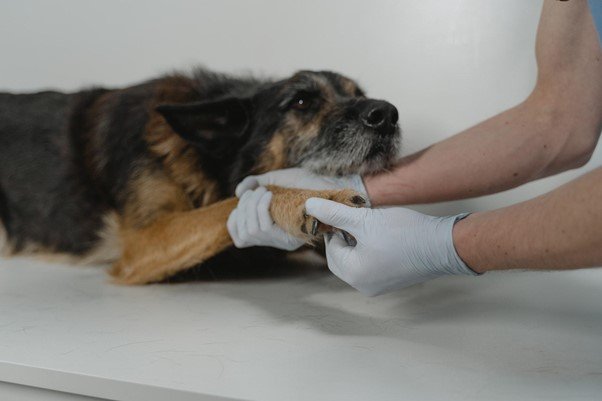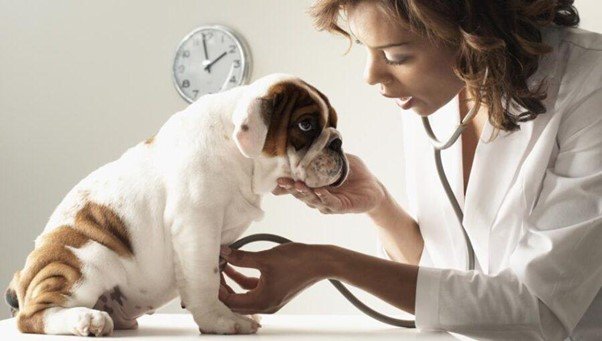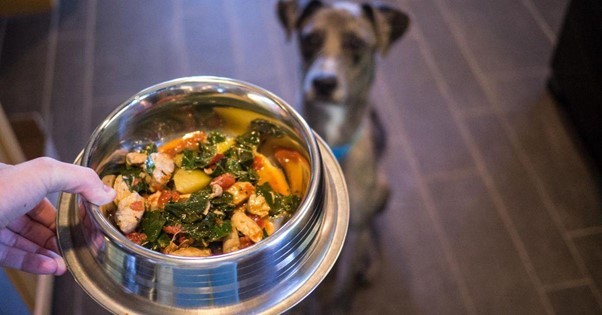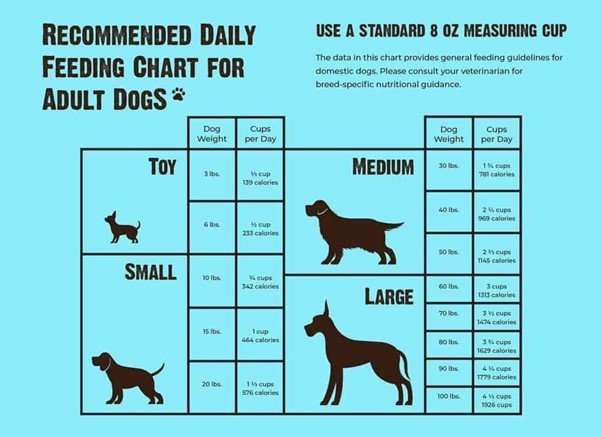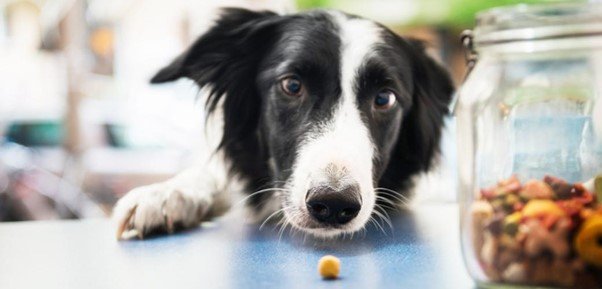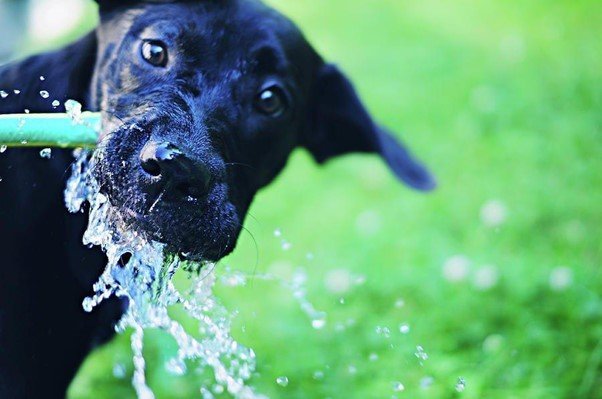The Essentials for a Successful Pet Move: What You Need to Know Before You Travel

Preparing Your Pet for Relocation: Health Checks, Vaccinations, and Travel Essentials
If you’re relocating with your pet, it’s essential that you take the proper steps to make sure they’re healthy and safe for their journey.
This may include getting a health check and vaccinations, as well as packing the necessary travel essentials.
Read on to learn more about how to prepare your pet for relocation so that you can both have a safe and stress-free journey.
Health Checks Before Relocating Your Pet
Before relocating with your pet, it’s important to make sure they are in good health.
You should take them to the vet for a checkup and make sure that all of their immunizations and treatments are up to date.
It’s also a good idea to get a copy of your pet’s medical records so that you can provide it with documentation if needed during the relocation process.
Additionally, if your pet is elderly or has special needs, make sure they are fit for travel and discuss any necessary preparations with your vet.
Vaccinations and Other Immunizations Needed for Relocation
Some states and countries require specific vaccinations and immunizations for pets that are traveling across state lines or international boundaries.
The requirements can vary depending on where you’re relocating to, so it’s important to research the regulations ahead of time.
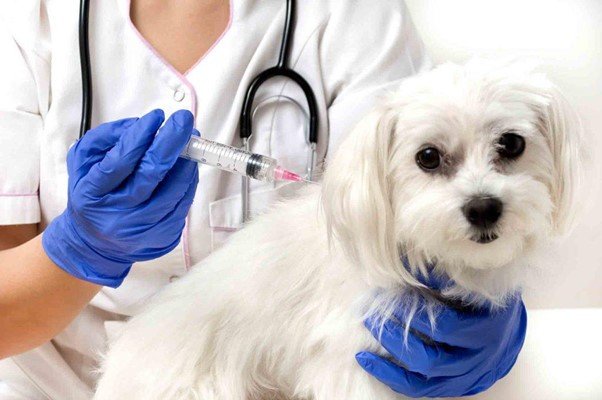
You should also make sure your pet is up to date with their rabies vaccination as it’s usually a requirement for travel.
Essentials You'll Need to Bring Along When Traveling with Pets
Your pet’s identification
One of the most important things to remember when traveling with your pet is to ensure they have identification in case they get lost.
Be sure to bring along your pet’s collar and tag or have them microchipped before you leave.
Keep a copy of your pet’s medical records, current vaccinations, medication list, and contact information for your vet for easy access.
Travel Carrier
A sturdy travel carrier is a must-have when traveling with pets. Whether you’re traveling by plane or car, a crate or carrier will help keep your pet safe and secure.

Ensure that the carrier is large enough for your pet to move around comfortably, has adequate ventilation, and has enough room for your pet to lie down and stretch.
Food and water bowls and fresh water
Pack your pet’s regular food and water bowls to keep them hydrated and fed during your trip. Don’t forget to grab a fresh water bottle to refill their bowl on the go.
Give your pet some time to eat and drink well before leaving for the journey.
Leash and collars
Always pack collars, harnesses, and leashes, and make sure they are in good condition. Keep a spare leash in case it breaks or if you lose it.
Most importantly, make sure your pet is comfortable on a leash and gets exercised routinely.
Traveling bed and pillows
Add your pet’s favorite blanket, travel bed, or pillows to give them their preferred place to rest comfortably. This will make your pet feel at home no matter where you are and make the journey more comfortable.
Toys and Entertainment
Bring along some toys to keep your pet entertained during the journey. Traveling can be stressful for pets, and toys distract them and maintain their mental agility.
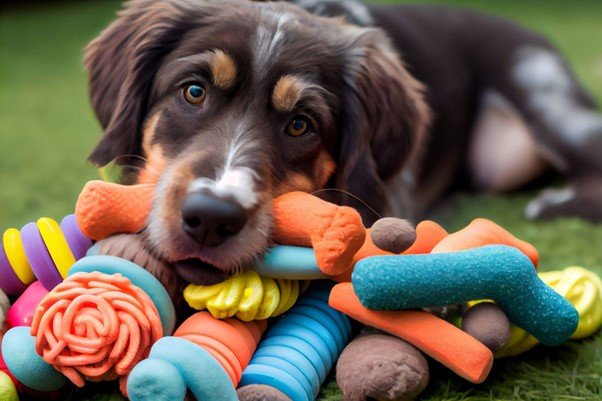
First Aid kit for pets
Your pet can get injured or sick during travel, and it’s essential to have a pet-specific First Aid kit. The kit should contain basic emergency supplies like antiseptic, blood-clotting spray, a thermometer, tweezers, and medication.
Waste bags and cleaners
Ensure you bring enough waste bags to clean the litter and food messes your pet might make. The cleaner is a must-have for the hygiene needs of your pet, as leaving them dirty will lead to health issues.
Clothing for your pets
Depending on your destination’s climate or mode of transportation, you may need to pack extra clothing for your pet. For instance, raincoats, sweaters, or boots for pets to adapt to uncomfortable weather conditions.
Calming treats/Sedatives
Pets can become anxious or stressed during travel, and if left untreated, may develop into emotional or behavioral problems.
Consult a veterinary doctor regarding the required traveling anxiety medications that could be beneficial for their journey.
Conclusion
Relocating with your pet can be stressful, but by taking the necessary precautions and steps such as getting health checks and vaccinations, packing travel essentials, and researching regulations, you can ensure that your pet is safe and secure during their journey.
With the right preparation and understanding of what’s needed, both you and your pet can have a stress-free relocation experience.
Learn more.
The Essentials for a Successful Pet Move: What You Need to Know Before You Travel Read More »







